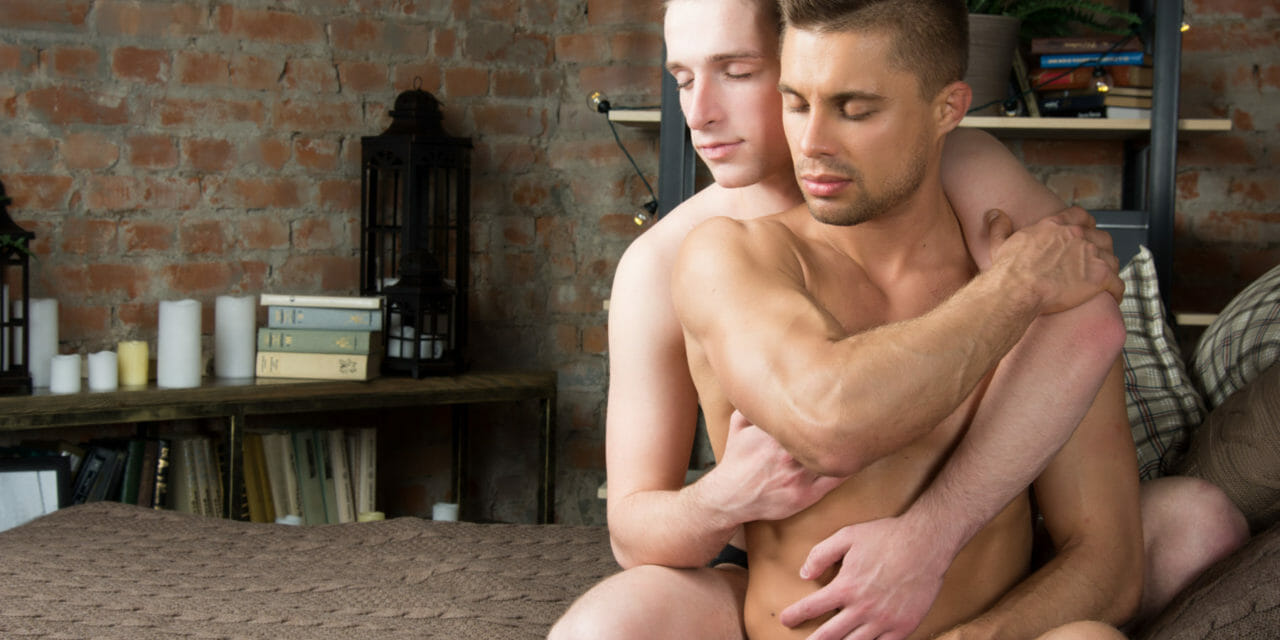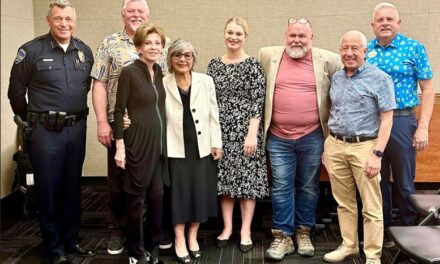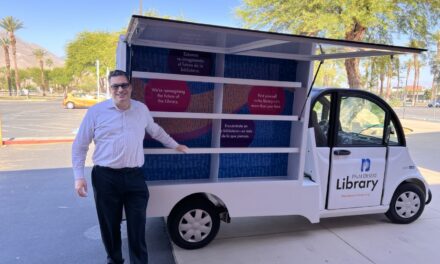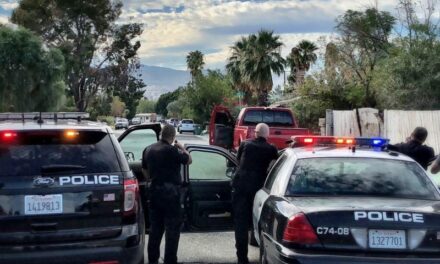While restrictions have relaxed considerably for gay men who want to donate blood, they are still, practically speaking, shut out of this life-saving effort.
That became readily apparent as LifeStream, the exclusive provider of blood products and services to all Coachella Valley hospitals, announced its Sixth Annual Nine Cities Challenge Blood Drive.
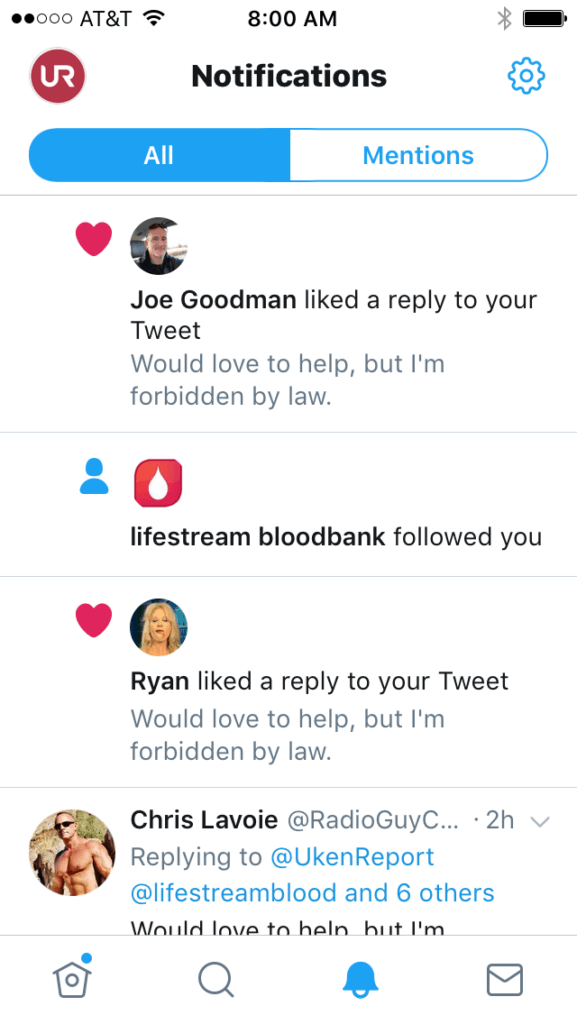 One after another, gay men reacted to a Tweet from Uken Report announcing the challenge. Each responded with the same message: “Would love to help, but I’m forbidden by law.”
One after another, gay men reacted to a Tweet from Uken Report announcing the challenge. Each responded with the same message: “Would love to help, but I’m forbidden by law.”
It is not LifeStream’s fault; it is simply following the rules and regulations of the Food and Drug Administration.
In 2015, the FDA lifted its lifetime ban on accepting blood donations from men who have had sex with men. It changed its recommendation to 12 months since the last sexual contact with another man.
Cathedral City was one of the first cities in the Coachella Valley to pass a resolution encouraging the FDA to lift the ban.
While it is less stringent than a lifetime ban, find a gay man who hasn’t had sex with another man for a year. Chances are pretty slim.
The lifetime ban of blood donations from gay and bisexual men was implemented by the FDA in 1983 at the start of the AIDS crisis, when little was known about the spread of the disease.
The Human Rights Campaign called the change a “step in the right direction,” but said the new policy, “still falls short of a fully acceptable solution because it continues to stigmatize gay and bisexual men.”
When it comes to the Annual Nine Cities Challenge Blood Drive, the FDA’s rules take a particular toll on the Palm Springs and Cathedral City communities. Both have large populations of gay men, which reduce the level of participation.
Riverside County has one of the highest rates of lesbian, gay and bisexual residents — estimated between 3 and 5 percent of the population, fifth in California for same sex-couples in 2010. Palm Springs itself had the highest rates in the state and third in the country.
In 2013, the first year of the challenge, a “champion” was not named. LifeStream chose instead to honor all communities for embracing the initiative. Palm Desert won the challenge in 2014. Indio has won the challenge the past three years. Neither Palm Desert nor Indio has significant gay populations.
The valley-wide blood drive, from July 1 through July 31, is critically important to keep the Coachella Valley’s available blood supply at ample levels during the summer months. As the population decreases by 30 percent resulting in significantly fewer donations, the critical need for donations increases due to added vacation travel and summer activities.
This year’s theme “If We All Do A Little, We Can Change A Lot” is about community.
As a reminder, following are the locations, dates and times to donate:
• Palm Desert: July 7, Community Center, 8 a.m. to 2 p.m.
• Coachella: July 12, Bagdouma Park Community Center, 12:30 to 6:30 p.m.
• Cathedral City: July 13, Senior Center, 9 a.m. to 3 p.m.
• La Quinta: July 14, Wellness Center, 8:30 a.m. to 2:30 p.m.
• Rancho Mirage: July 18, Public Library, 8 a.m. to 3 p.m.
• Palm Springs: July 19, Palm Springs High School, 10 a.m. to 4 p.m.
• Indian Wells: July 20, Indian Wells Golf Resort, 8 a.m. to 2 p.m.
• Indio: July 26, Teen Center, 11 a.m. to 5 p.m.
• Desert Hot Springs: July 28, The Church of Jesus Christ of Latter-day Saints, 9 a.m. to 3 p.m.
• La Quinta Donor Center: July 1 to 31, donate on behalf of your city, 10:30 a.m. to 6 p.m. Monday through Wednesday; 7 a.m. to 2:30 p.m. Thursday through Sunday.
For more information and to set an appointment, please call 800-879-4484 or visit here.

